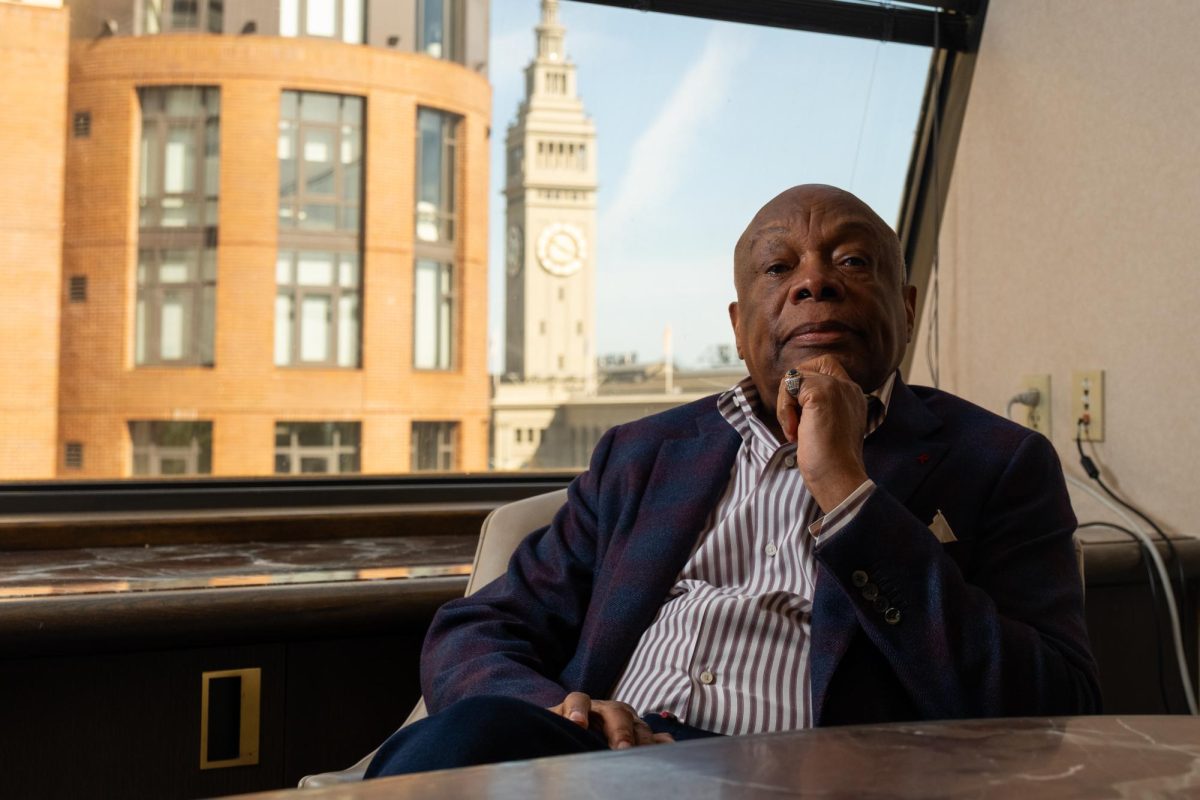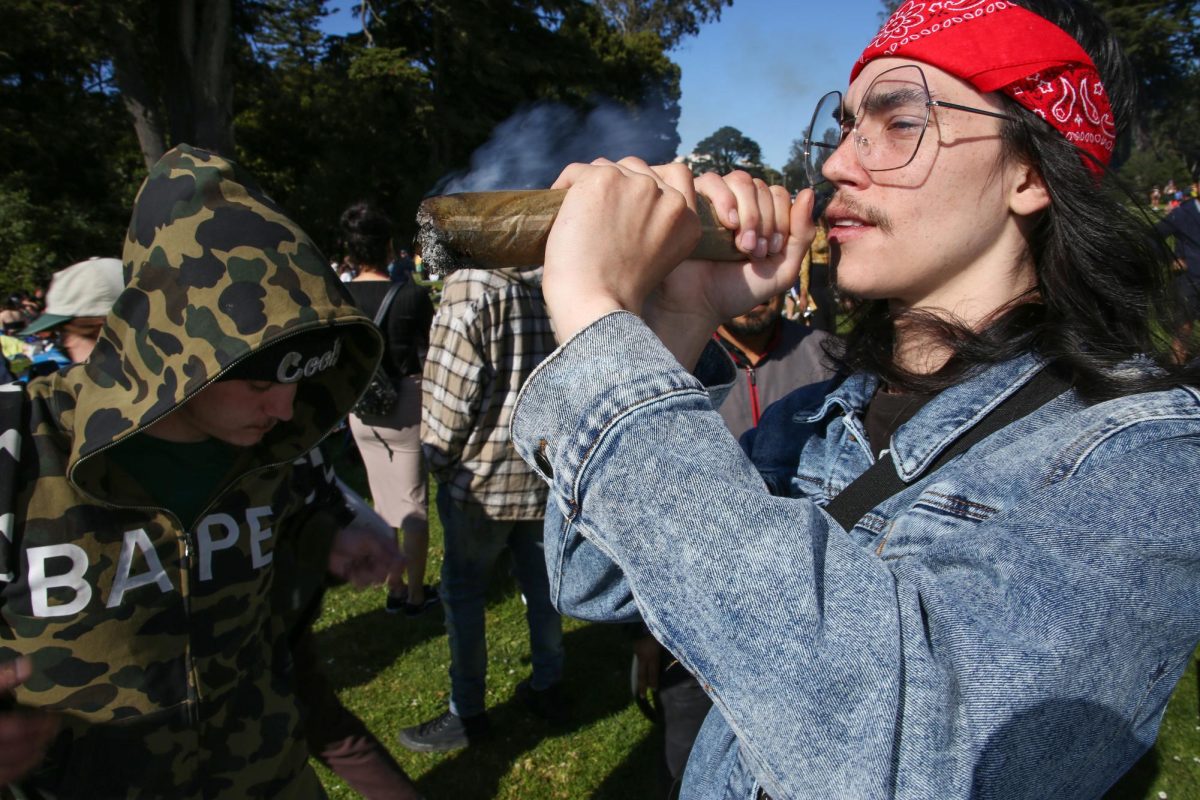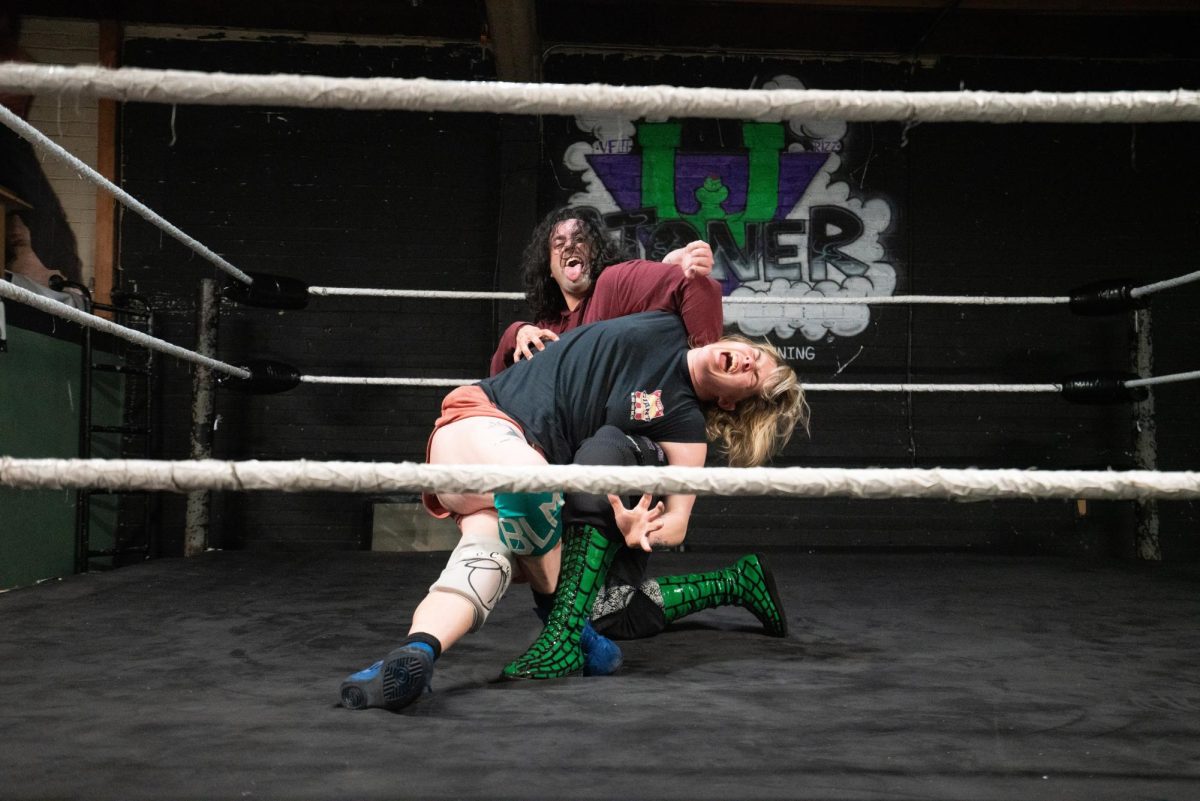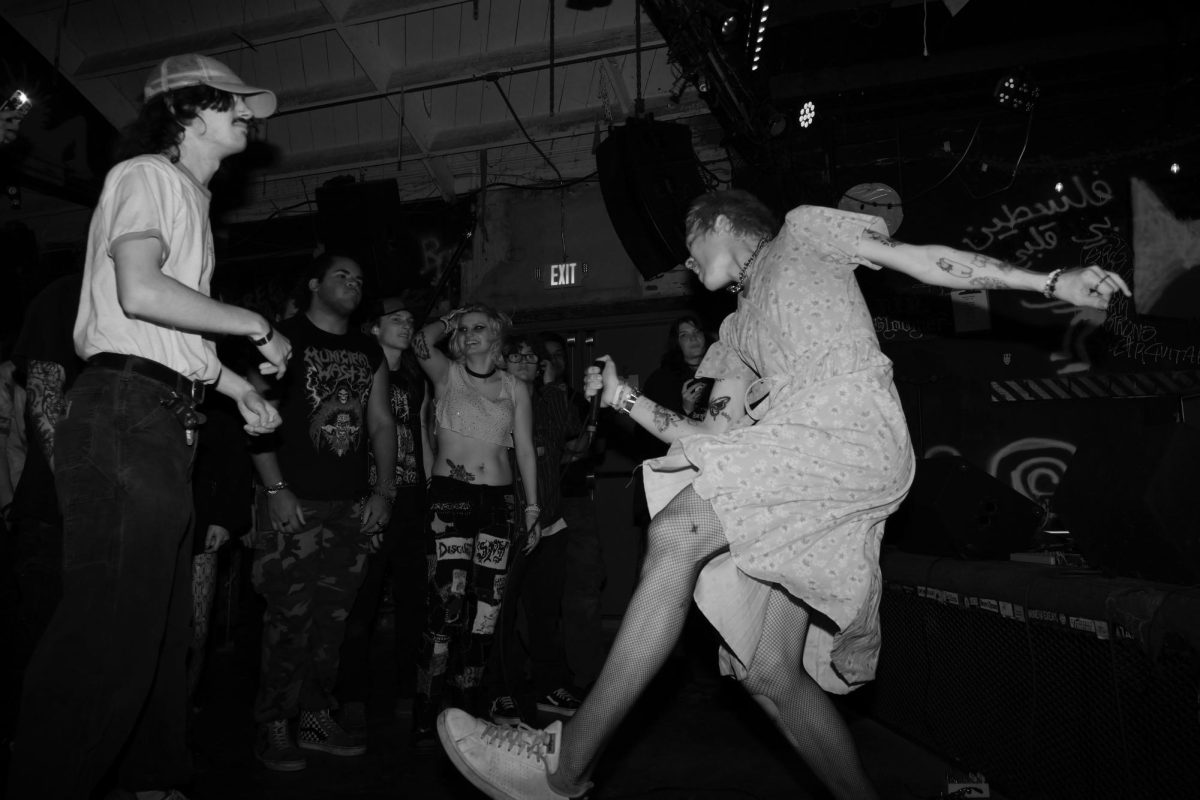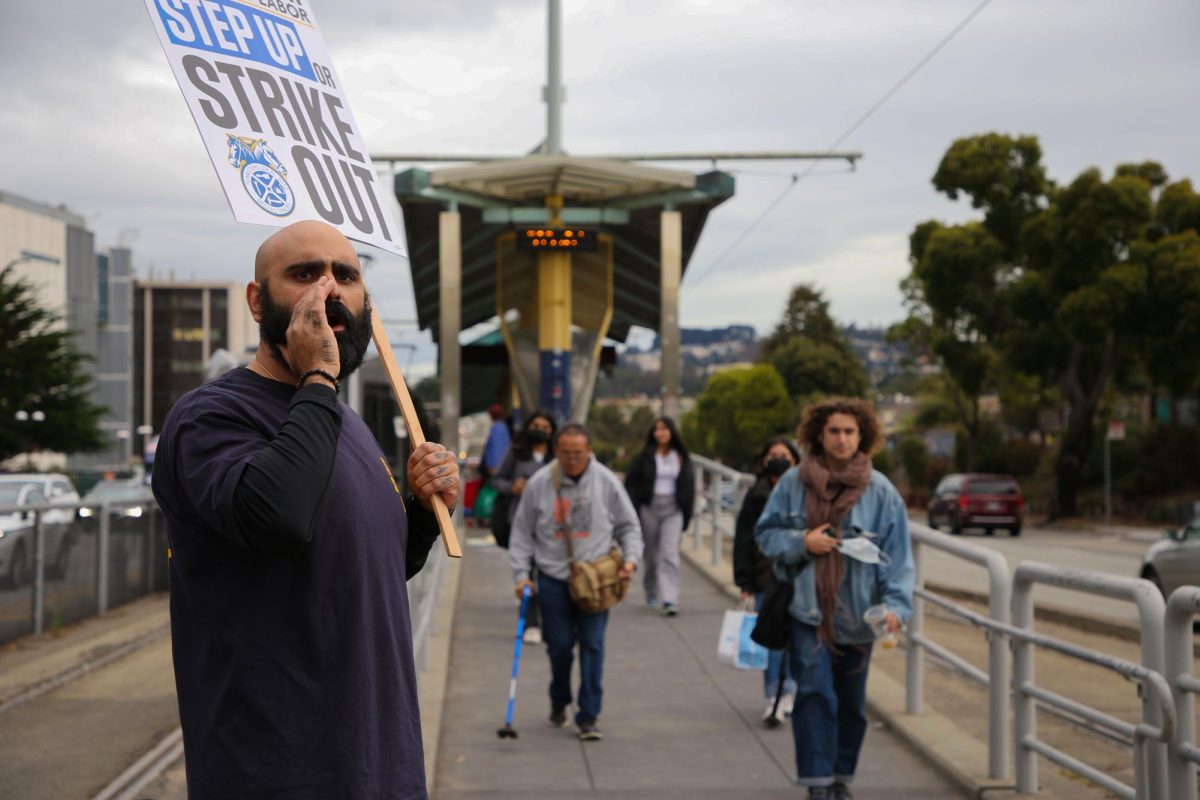An initiative to raise the San Francisco minimum wage to fifteen dollars per hour by 2018 and eventually make it dependent on inflation will be put to city voters during the November 4th election.
The measure, which appears on the ballot as Proposition J, asks voters: “Shall the City gradually increase the minimum wage to $15 per hour by July 1, 2018 with further increases based on inflation?” If it passes, the city’s minimum wage would go to twelve dollars and twenty-five cents an hour beginning May 1 next year and thirteen dollars starting July 1, 2016 before reaching $15 as of July 1, 2018. It would be tied to inflation starting in 2016. San Francisco’s hourly minimum wage stands at $10.74 and is set to rise to $11.03 next year if the measure does not pass.
The initiative, which was introduced by San Francisco Mayor Ed Lee last month, came on the heels of another proposal to lift the city’s minimum wage to $15. The Minimum Wage Act of 2014 was crafted by a contingent of labor unions and community activists known collectively as the Campaign for a Fair Economy. It would have accelerated the minimum wage more quickly, hiking it to $13 an hour in 2015 and raising it one dollar per hour each year for the following two years. Businesses with more than 100 employees would have been required to pay at least $13 per hour by the end of this calendar year and $15 an hour by 2016.
The Service Employees International Union, San Francisco Rising and the Alliance of Californians for Community Empowerment were among those who supported the act, but it was negatively received by the San Francisco Chamber of Commerce. Lee attempted to work with groups that represent workers’ rights and business interests to draw up a proposal that would appease both sides, resulting in the initiative that will be on the ballot.
“We consider it a great victory that through our bold initiative and unified coalition of groups representing working class San Franciscans and allies, we were able convince the Mayor, all members of the Board of Supervisors, business groups and other employers to support a consensus measure based on the original CFE proposal that will be the strongest minimum wage measure in the nation,” says the June 12th Fight for $15! update from the campaign.
The SEIU worked with Lee to try to get the minimum wage boosted to help give local workers a “better quality of life economically,” says union member Gregory Richardson. He does not think the proposal goes far enough. “$15 an hour in San Francisco doesn’t really cut the cake,” says Richardson. He does believe it would “help [people] have a better financial situation” and be able to stay in San Francisco.
Speculation swirled that there could be two minimum wage increase proposals placed before voters in the same election, but the Minimum Wage Act was removed from consideration after the mayor introduced the second initiative.
Students may be disproportionately affected by any minimum wage laws. People under the age of twenty-five make up about one-fifth of workers paid by the hour but account for almost half of the workforce that receives the federal minimum wage or less, according to “Characteristics of Minimum Wage Workers, 2013,” a report released by the U.S. Bureau of Labor Statistics in March. Students who want to benefit from San Francisco’s higher minimum wage should not work on campus as SF State is a state institution and, thus, only required to pay the California hourly minimum wage, which hit nine dollars July and will climb to ten dollars by the start of 2016.
Some believe concentrating on the minimum wage is somewhat misguided because that approach fails to look at the underlying problems. Progressives tend to focus on wages but need to examine inequality of power, said Jamie Way of Make Change at Walmart at the Beyond Livable Wage panel at Netroots Nation in Detroit this month. “The wages are a symptom of a huge imbalance,” said panel moderator Brian Young. Erica Smiley of Jobs with Justice thinks raising the minimum wage is a step in the right direction, but it does not go far enough. “Just passing a living wage … good, but it doesn’t give workers power,” she said at the panel. Smiley added that the goal should be to “not just increase wages in the short-term but to build worker power in the long-term.”
Not everyone on the panel felt highlighting wages is problematic. “I think focusing our movement on wages” puts it on track, says Saket Soni of the National Guestworkers Alliance. He also called San Francisco’s proposed minimum wage initiative and retail worker bill of rights a “great model” for workers’ rights across the nation.


